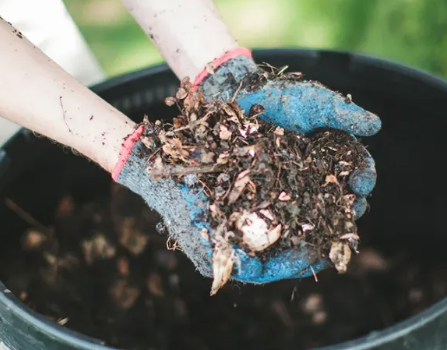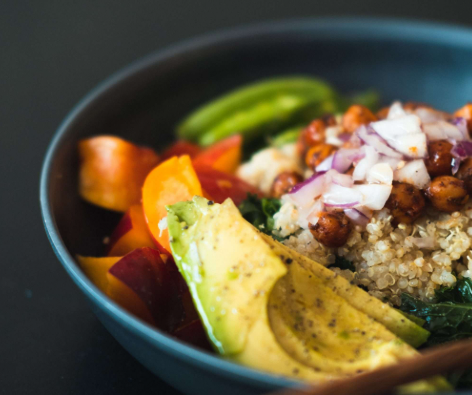
In today’s world, with countless diet fads and eco-friendly trends, many are left wondering how they can make a real difference. One powerful and sustainable action is composting, a process that anyone, even city dwellers with limited space, can easily incorporate into their lifestyle.
If you’re looking to contribute to a healthier planet and save a little money along the way, composting is a great place to start. Here’s a beginner’s five-step guide to help you get started.
1. Why Composting Matters
You might be asking, why should I compost? The answer is simple: food scraps that end up in landfills create harmful methane gas, which is a major contributor to climate change. But when organic waste like fruit and vegetable scraps is composted, it breaks down into essential nutrients that enrich your soil.
Composting provides your garden with the same essential nutrients found in commercial fertilizers—without the price tag. Potassium, nitrogen, and phosphorus are all present in your compost, giving your plants a natural boost while reducing the need to buy expensive synthetic fertilizers.
2. What to Compost and What to Avoid
To compost effectively, you need to know what belongs in your bin. While many foods are compostable, there are some items that should be kept out of the pile.
Here’s a list of items you can and can’t compost:
What to Compost:
- Vegetable and fruit scraps
- Coffee grounds (with unbleached filters)
- Eggshells
- Grass clippings and lawn trimmings
- Unbagged tea leaves or compostable tea bags
- Dried leaves, plant stalks, and twigs
- Shredded paper (non-glossy)
- Untreated wood chips
- Dirty paper towels (preferably unbleached)
What to Avoid:
- Meat and dairy products
- Processed foods
- Chemical-treated materials like plastic and styrofoam
- Carnivorous pet waste (like dog or cat litter)
- Foods with high-fat content
Being mindful of packaging is also important. Opt for compostable wraps, and check your coffee filters for any chemicals or plastic components before composting.
3. Choose or Build the Right Compost Bin
Choosing the right compost bin is crucial for an easy and effective process. If you have the space, you can build a simple DIY bin using pallets, nails, and chicken wire. This allows you to customize the size, especially if you have a lot of yard waste.
However, if you’re short on space, a small countertop bin can be a great solution. These are perfect for apartment living, and you can empty them into a larger bin when needed. The best part is that they help minimize odor while keeping your carbon footprint low.
4. Turn Your Compost Regularly
Composting requires oxygen to work properly. If you leave your compost pile to sit, it will turn anaerobic and won’t break down efficiently. This is why it’s essential to turn your compost regularly.
If you’re using a turnable bin, simply rotate it every few days. If you’re using a DIY bin, grab a rake or shovel and turn your pile every 3-4 days. This will help ensure the compost breaks down evenly and quickly.
5. Using Your Compost in the Garden
After a few weeks, your compost should be ready to use. But how do you know when it’s ready?
How to Tell If Your Compost Is Ready:
A simple test is to place a small amount of compost in a sealed bag or container for a few days. If it still smells sour or ammonia-like, it’s not done yet. Let it sit for another week and try again until it smells earthy and fresh.
How to Use Your Compost:
Once your compost is fully matured, here are a few ways to use it:
- Mix it with potting soil to boost the health of indoor plants.
- Rake it into your garden beds to enhance soil quality.
- Spread it on your lawn for natural fertilization.
- Donate it to a community garden to help others grow.
Conclusion
Composting is a straightforward, eco-friendly practice that offers significant benefits to your garden and the environment. Whether you live in an apartment or on a large property, there’s always a way to make composting work for you. By following these simple steps, you can start reducing your waste, saving money on fertilizers, and doing your part to protect the planet. It’s easier than you think, and the rewards are plenty!










